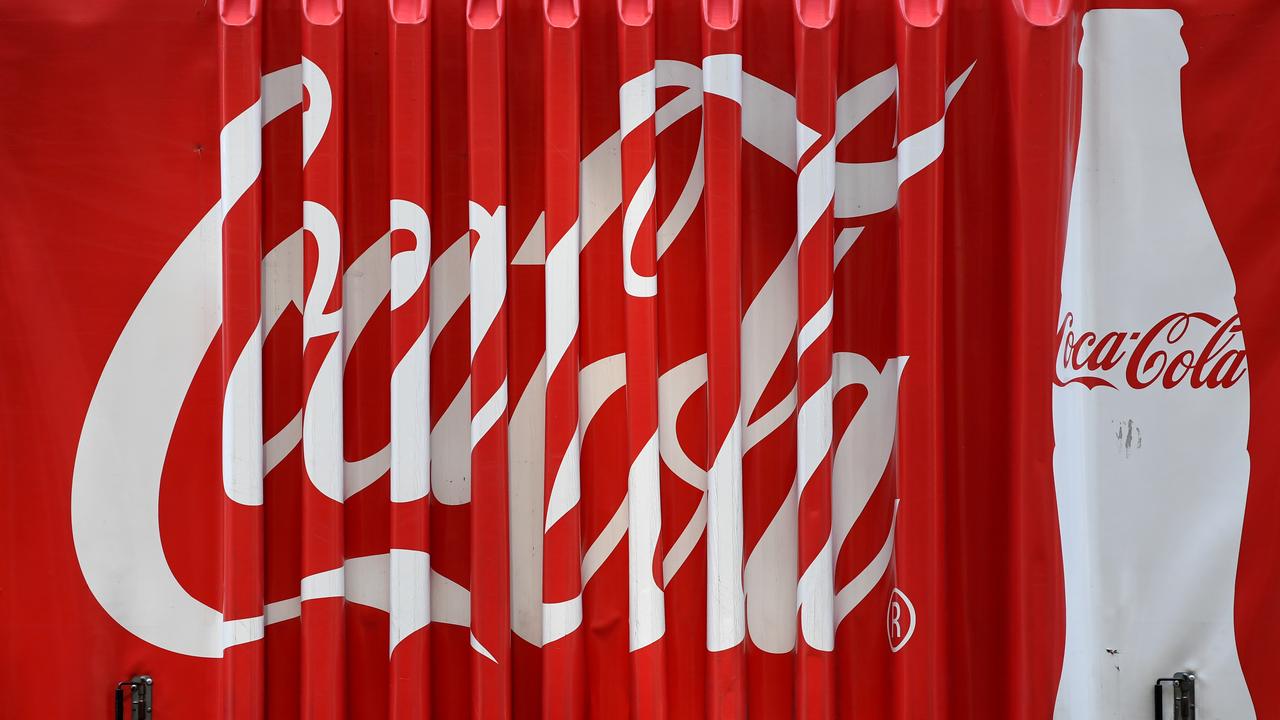Why the ridiculous shake diet actually works
IT’S easy to dismiss someone drinking most of their food. But there’s a good reason to go down this path if you want to lose a few kg.

DIETS that promote the use of meal replacement shakes, soups and bars have been criticised for many years as a short-term, non-sustainable way to lose the kilos.
Despite this, new research published by the University of Oxford has found that a shake based meal replacement program used as part of a 12-month dietary regimen has shown far superior weight loss results over the 12-month period than a traditional calorie-controlled diet.
In this study, 278 adults lost an average of 10.7kg over a 12-month period when they followed a strict calorie-controlled plan of just 810 calories for an initial 12 weeks, before gradually reintroducing regular foods into their diet over the next nine months.
This was three times the weight loss those enrolled in a standard weight loss program with their GP achieved, with those participants down only 3.5kg over the year.
Researchers concluded shake-based regimens can play a key role in helping individuals achieve initial weight loss success, helping to motivate them to continue with positive lifestyle changes long term. So why do shake-based diets work and are they the right choice for you?
1) THEY RESULT IN QUICK WEIGHT LOSS
When a meal replacement program is followed correctly, and all meals are replaced with a calorie controlled, formulated meal replacement shake, bar or drink, overall calorie intake is limited to just 800 calories. Such extreme calorie restriction that is easily maintained with minimal food choices results in relatively quick weight loss of up to 2-3kg per week compared to just ½ — 1kg on more traditional calorie controlled diets. It is this quick weight loss that has been shown to increase motivation for dieters which appears to support dietary adherence long term.
MORE: Which ‘diet’ drinks will help your health
MORE: Your cafe meal is worse than a Big Mac
2) THEY REMOVE FOOD CHOICE
Many of us know what we should eat, and we may even know how to count calories. But limiting intake to just 800 calories when we have so many foods to choose from means many people find it very difficult to stick to such a low limit. On the other hand, when the choice is removed and you only have a bar, shake or soup and plain vegetables to choose from, calorie control over long periods of time becomes much easier.
3) THEY WILL INDUCE KETOSIS
The majority of meal replacement programs keep total carbohydrate intake to 50g or less, which will induce ketosis — or fat burning — in an overweight or obese individual who has been used to consuming 200-300g or more of carbohydrate each day. When you are in ketosis you are less likely to feel hungry. The effect in turn supports adherence to a low calorie diet regimen.

4) THEY KEEP IT SIMPLE
Food and nutrition is relatively complex — high GI, low GI, carbohydrate load, good fats, bad fats, calories in, calories out, meal timing, fasting — is it any wonder we get confused? On the other hand, a meal replacement program is relatively easy to follow, which in turn promotes compliance.
5) YOU DO NOT HAVE TO DO THEM FOREVER
Once you have committed to a short period of following a meal replacement program (four to 12 weeks) and kick started your weight loss, you are then free to reintroduce regular meals and foods. This way you are able to use the products when you need them — for example replacing a meal the next day when you have overeaten — while still having a life and eating out with friends and family.
When used in this context, these products are simply a dietary tool to help control your calorie intake at times when you know you need calorie control.
In saying this, meal replacement, low calorie programs are not for everyone. In general they suit those who have significant amounts of weight to lose (20-30kg or more) and who need a strict program to see good weight loss results on the scales initially to help provide motivation to keep going.
These programs always get better results when they are supervised by a dietitian, who can provide tips and guidance on not only following the regimen, but also weaning off it and gradually reintroducing regular food into your diet while still achieving weight loss.
On the other hand, using them occasionally or not following the entire regimen properly will be a waste of time and money and is best avoided entirely.
Meal replacement programs work, when they are followed in the right way.
Susie Burrell is a Nutritionist. Follow her on Twitter: @SusieBDiet




